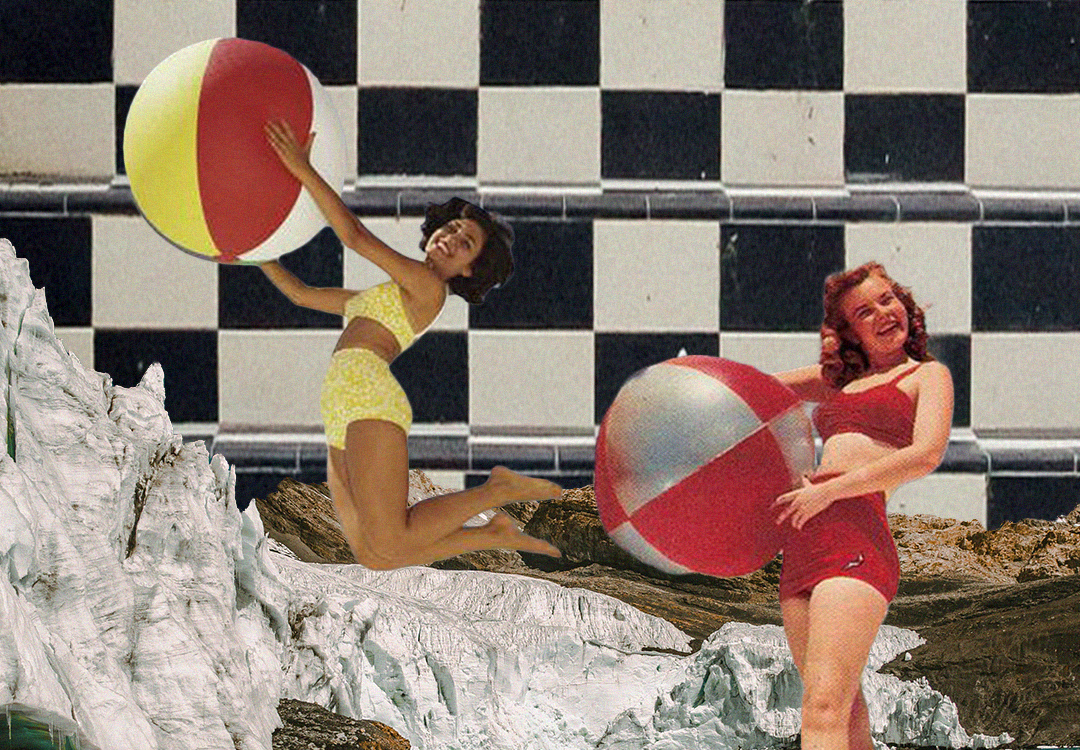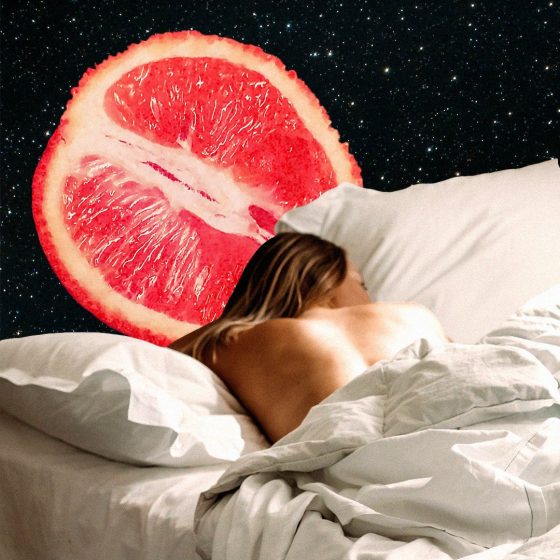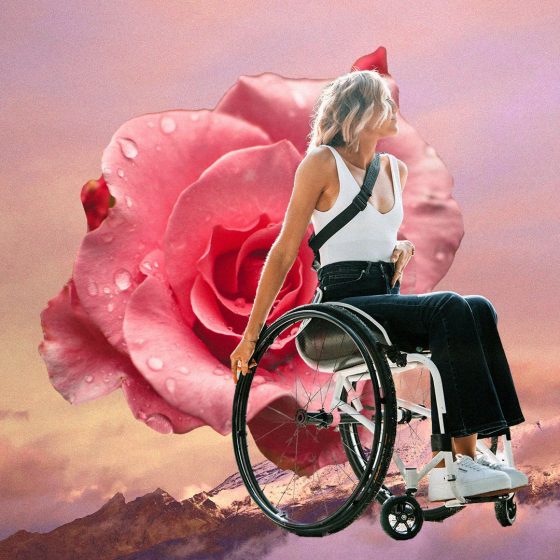If we can agree on anything, it’s that young people have been fucked over pretty badly by lockdown. From travel bans to club closures, most activities seen as a chaotic rite of passage into adulthood are off the cards, as they involve gathering in large groups to socialize and *often* get utterly intoxicated. Most of Gen Z have recognized this as an essential sacrifice to make. However, the longing for messy nights out, holidays, and normal dating has encouraged a focus on wasted ‘hot years’ – and the patriarchy’s long-standing habit of equating a woman’s youth to her worth.
Upon first glance, it’s understandable. Nobody wants to spend their twenties sitting at home, when the biggest social event of the calendar is a much-anticipated visit to the big Tesco or finding out that there’s an extra episode of Bridgerton to watch.
Since the start of lockdown, my thoughts about aging have become borderline obsessive. Despite knowing that it’s an entirely superficial fixation, I have not been able to shake the feeling that with every year older I get, the harder it will be to have fun and achieve my goals. As far as the patriarchy is concerned, young = hot, and hot = valuable. Perhaps we should believe it’s down to some ‘fertility’ bullshit, or maybe the more naive we appear, the more vulnerable we are to mansplainers. Either way, society has a nasty habit of equating a woman’s attractiveness (and therefore, her worth) to her youth in a way that men are simply not subject to.
“You are literally 20 years old. I don’t know why you are so stressed about this!” yelled my mum as I asked her to check if they had any retinol at the pharmacy – which would probably burn my skin off as I have no idea how to use it safely. Over the course of the pandemic, the worry that I’m wasting the currency of youth has been inescapable. With streams of problematic TikTok videos citing ‘Dataclysm’ theories about why men of ‘any age’ prefer to date women in their early 20s, the idea that ‘you’re only hot for a few brief years and then you’re invisible’ seems to be everywhere.
In my survey of 143 young women, 67% stated that the constant narrative of ‘wasting your hot years’ in lockdown has made them more anxious about getting older than they were before.
“I didn’t want it to bother me,” says Ella, a 21-year-old university student. “I knew that these kind of obsessions are pretty superficial. But honestly, I find the entire thing terrifying. If youth is so valuable, I definitely do not want to waste it locked inside at home.”
Aya, a 19-year-old, felt the same. “It’s definitely made me acutely aware of how I’m ‘in my prime’ – I have had to block all the accounts which talk about aging as the worst thing ever because it’s pretty damaging.”
The pressure of the patriarchy never seems to yield. For many women, we are only able to escape the awkward burden of puberty and ingrained misogyny of college once you reach your mid twenties, and yet apparently by this point we’ve tipped our prime.
It’s everywhere. From the gorgeous woman your brother probably fancies sitting next to a crusty old white man presenting the news, to Leonardo Dicaprio dating yet another twenty-something. From dating to careers, we are told that our youth is prime currency, and once we’ve spent it, it’s gone.
It wasn’t until I FaceTimed my granny for a catch up that I realized just how much I had let the patriarchal narrative win. To me, my granny is the coolest woman on the planet. She’s my style inspiration, personal relationship advisor, and simply the most glamourous woman I’ve ever seen. She does shots at the top of a ski slope on Christmas day, has traveled to Ethiopia in her late 70s, and all my friends are utterly obsessed with her. Frankly, if I don’t end up like her soon, something has gone very wrong.
As soon as I started to offload my worries, she chuckled and proceeded to give me the best advice I have ever received:
“I’m very old in my years now, but I know that my enthusiasm for adventure, meeting new people, and spending quality time with friends is by no means dependent on the way you look. Youth and any of the sexual vibrancy and value that comes with it comes from within. You are going to age; things will start to droop – but that’s life. The more you let that natural fact consume you, the more stressful living out that idyllic vision for other people becomes.
“Getting older means that you’ve had the luck to live and experience the beautiful world around us. Don’t let your memories become tarnished by an obsession with how people view you, and start living your life for yourself. Besides, any man who equates your worth to how youthful you look is definitely one you should be giving a wide berth.”
My mum and my granny are some of the best women in my life. They are hilarious, intelligent, and when they want to be, utterly glamorous. Whenever I find the patriarchy attempting to distract me from being the best version of myself, all I need do is look at the wonderful women around me and remember that they did not reach their ‘prime’ at twenty-two. Everyday, they continue to be whoever they want with two middle fingers right in misogyny’s face.
Although lockdown and the internet make it easy to get sucked into a hole of impending dread about time passing us by, it’s essential to remember that that kind of shame or stigma related to aging is just another mechanism of the patriarchy to get you to spend more money. It’s the logic behind every wrinkle cream, ‘smoothing’ makeup product or youth supplement,and it’s entirely rooted in making women feel unattractive about the natural, human, passing of time.
This intensified focus on how the pandemic has stolen youth is damaging, particularly for women who have long been viewed as commodities with their youth as a selling point.
The male gaze is everywhere and tries it’s best to slither into every aspect of a woman’s life. However, the next time you catch yourself starting to panic, just remember that nothing is stopping you from being the person you are today in 20 years’ time, and anyone who cares more about how you may look than your personality is someone you should remove from your life with immediate effect.









